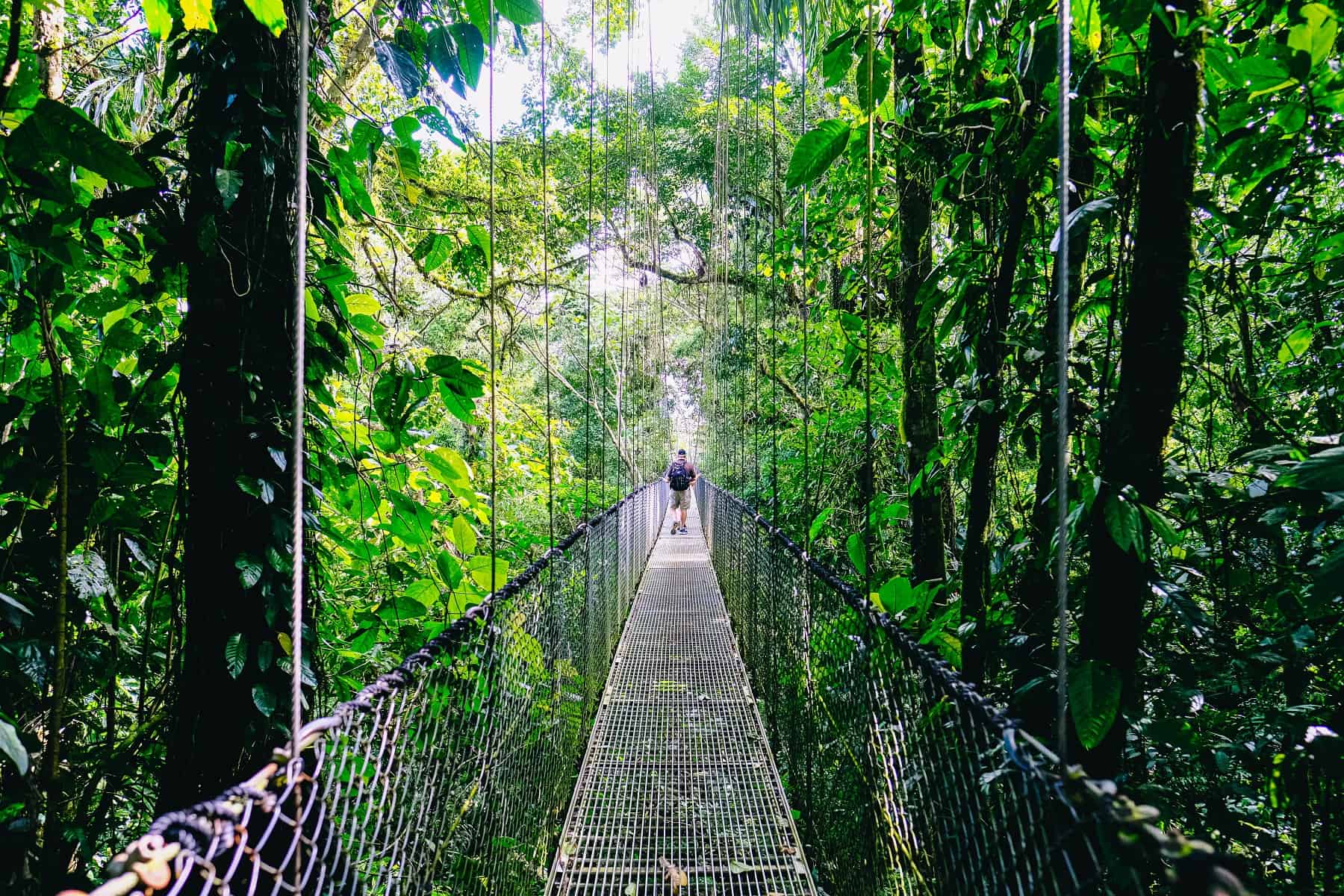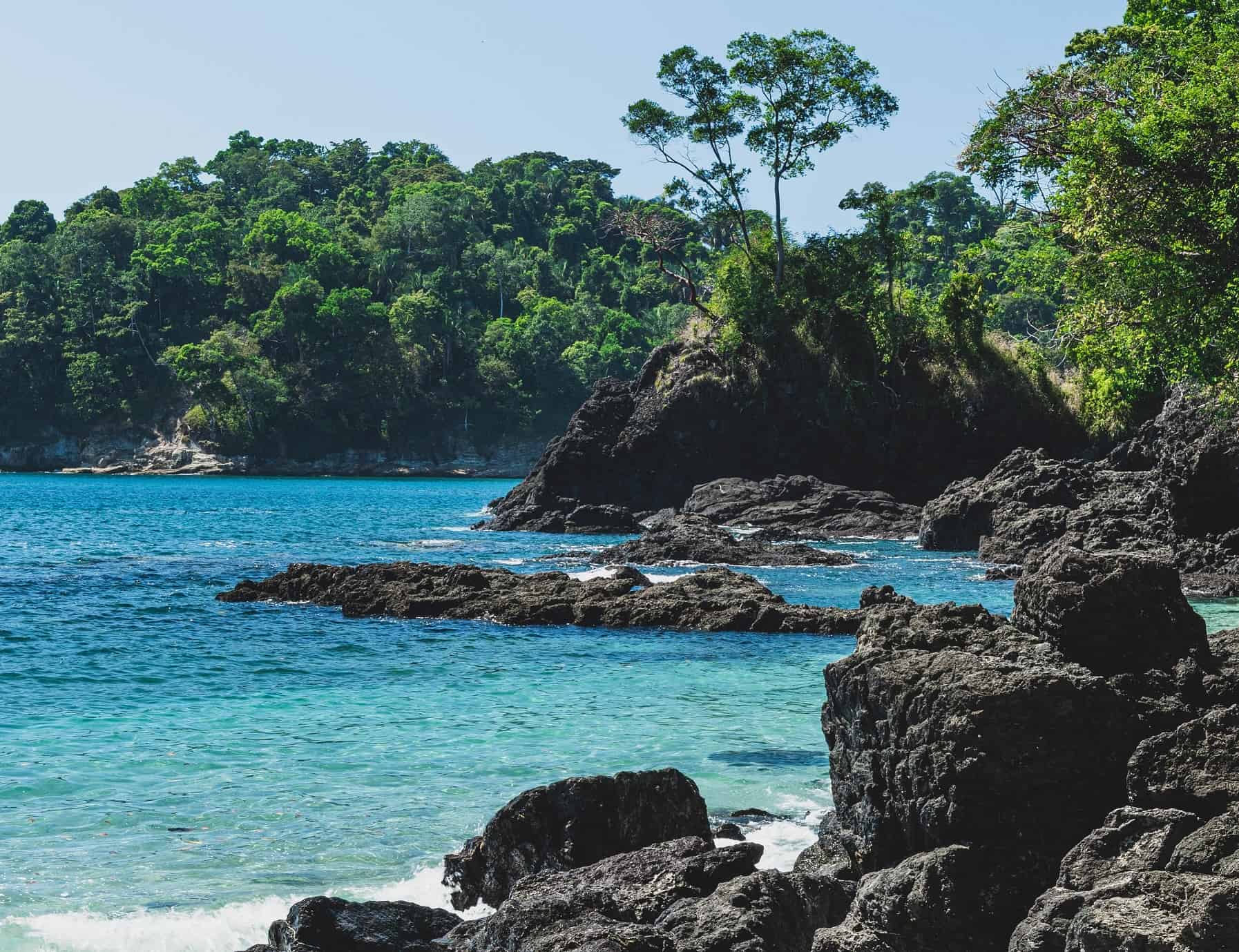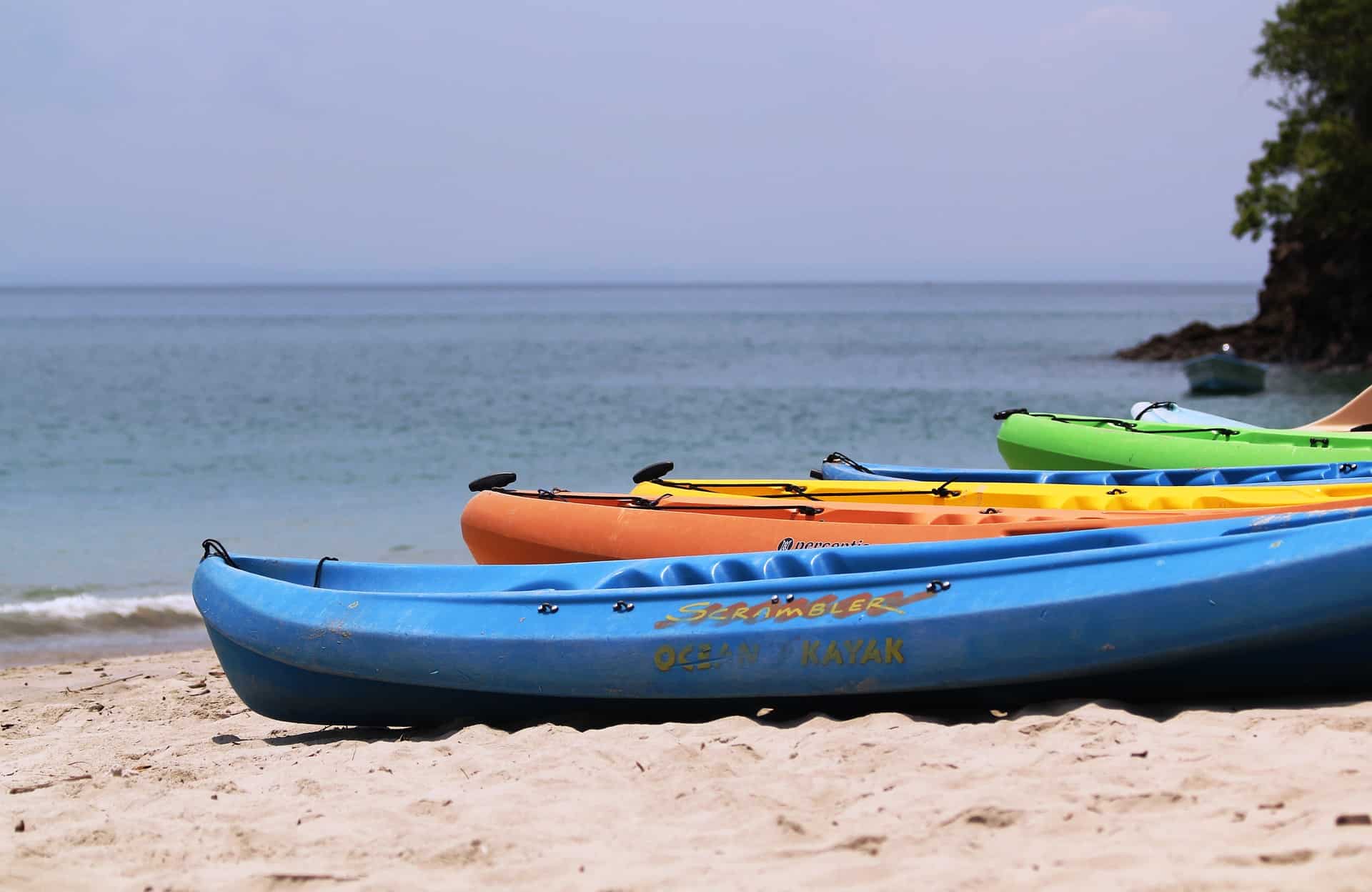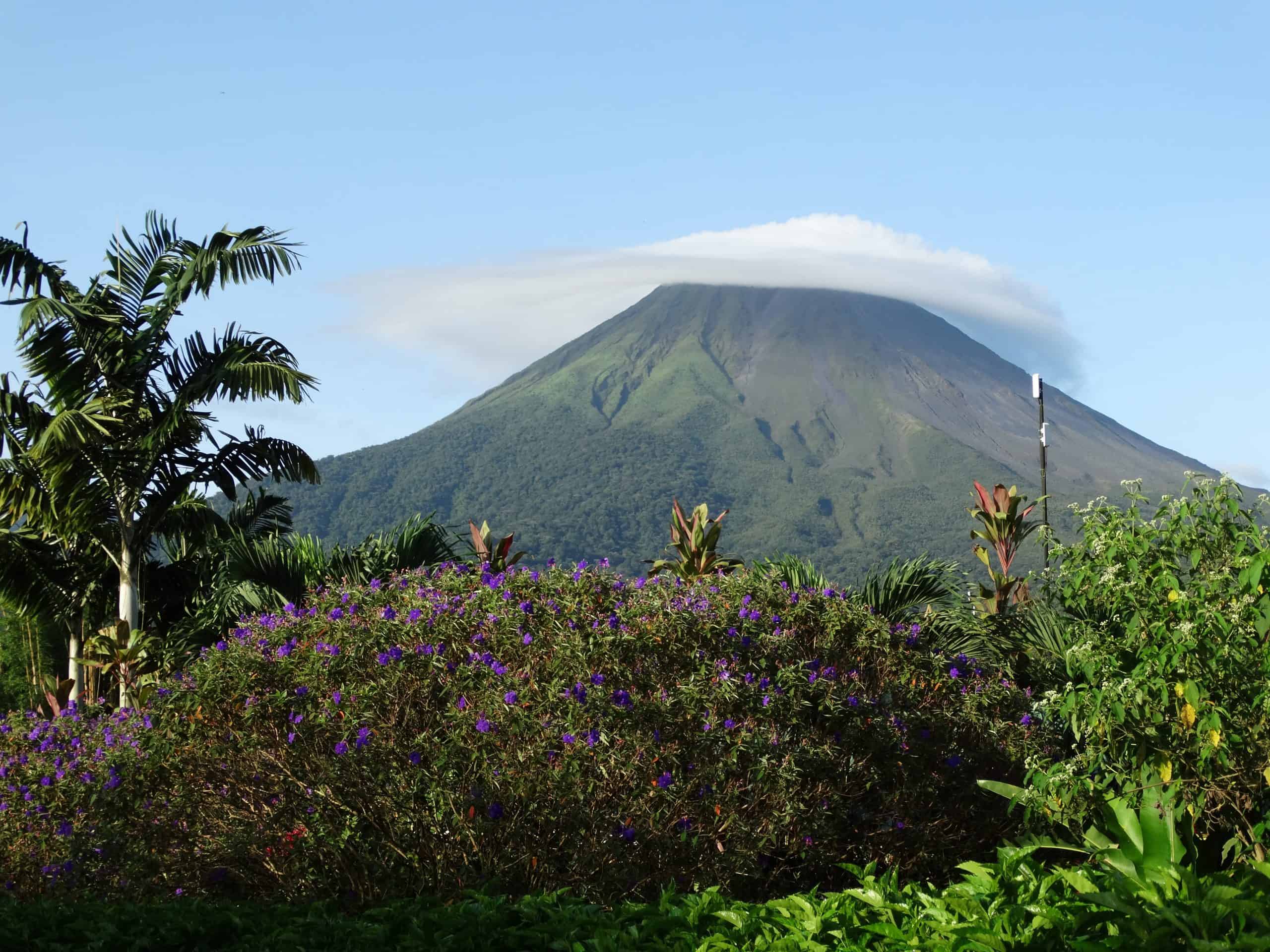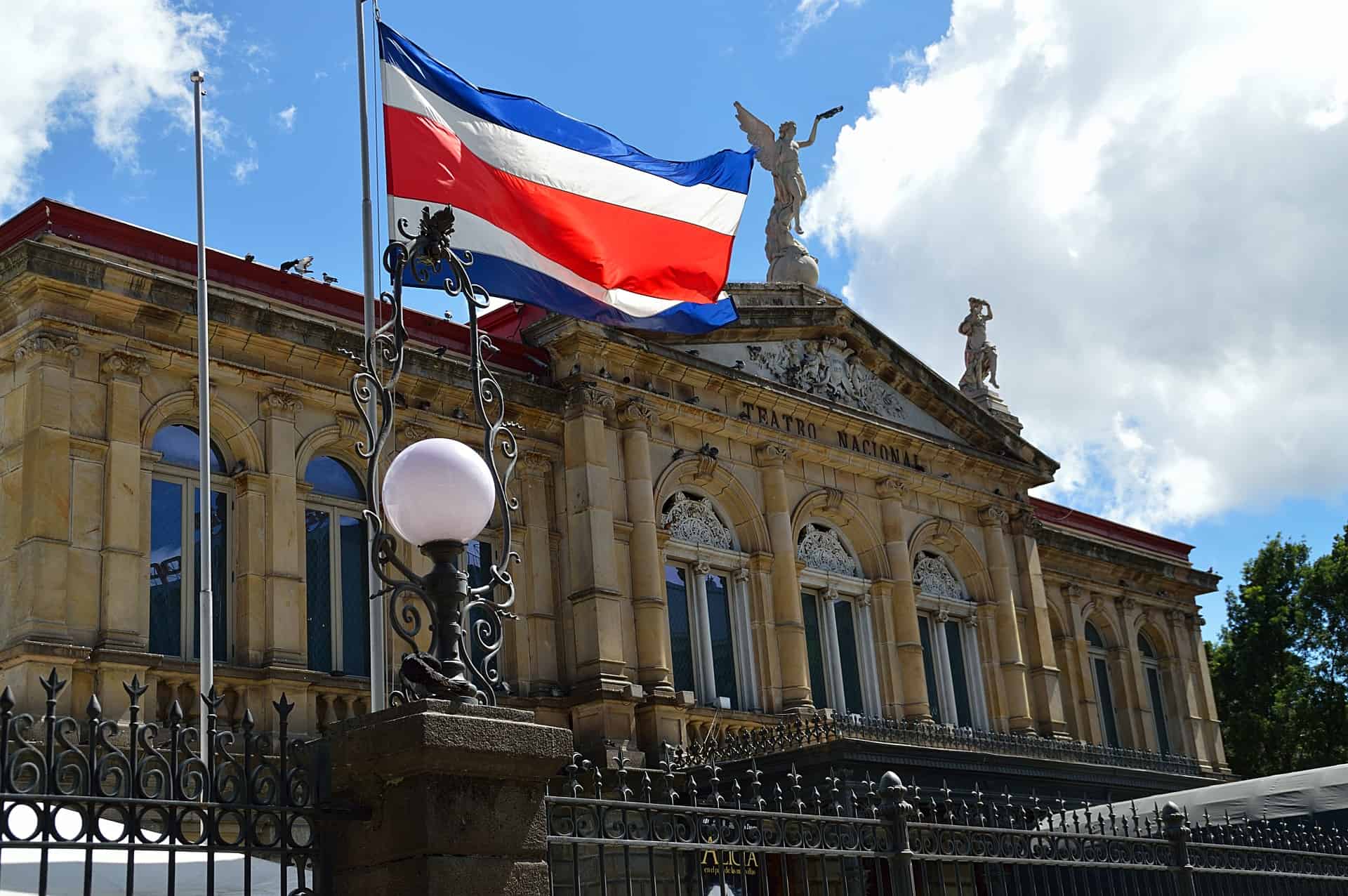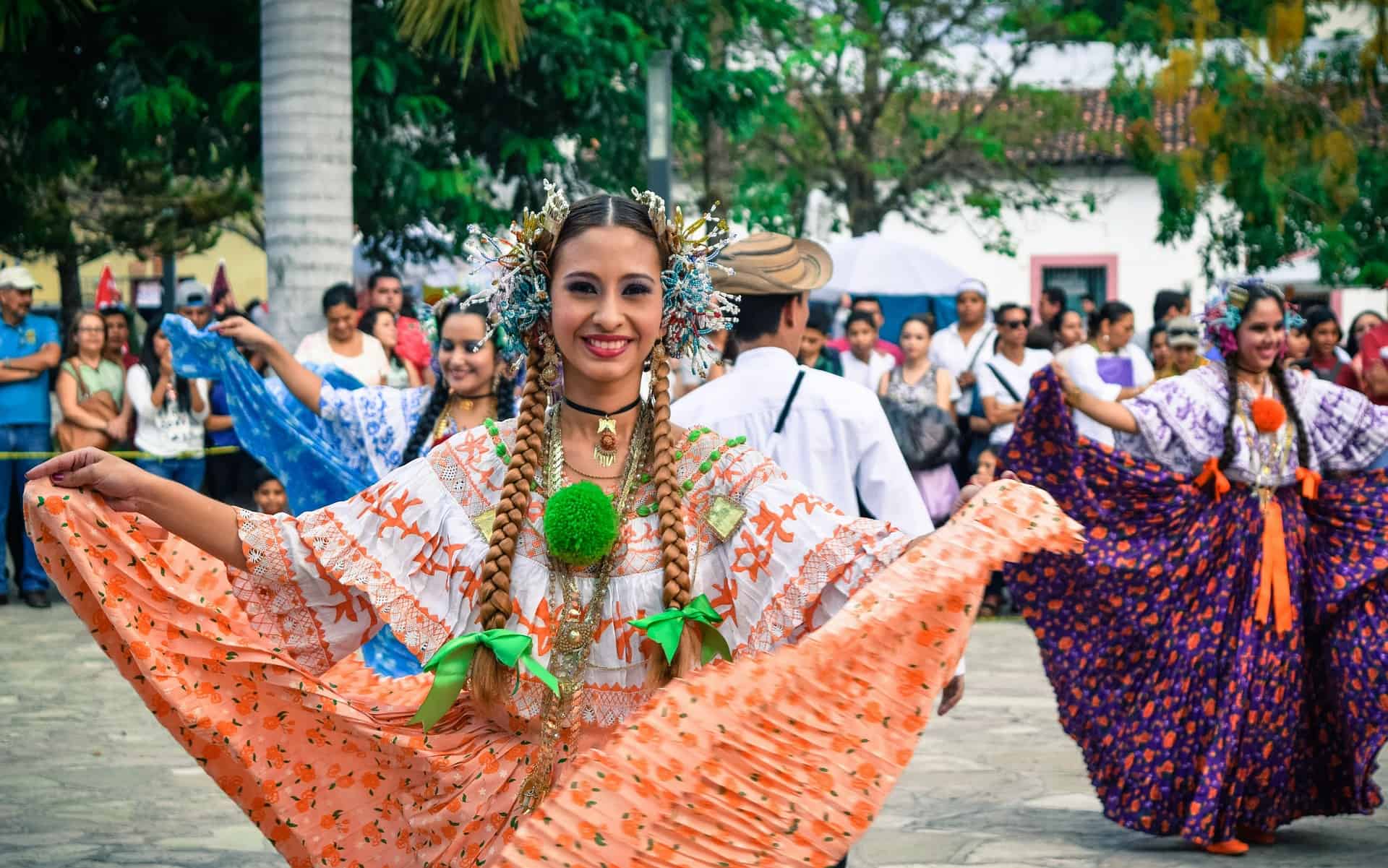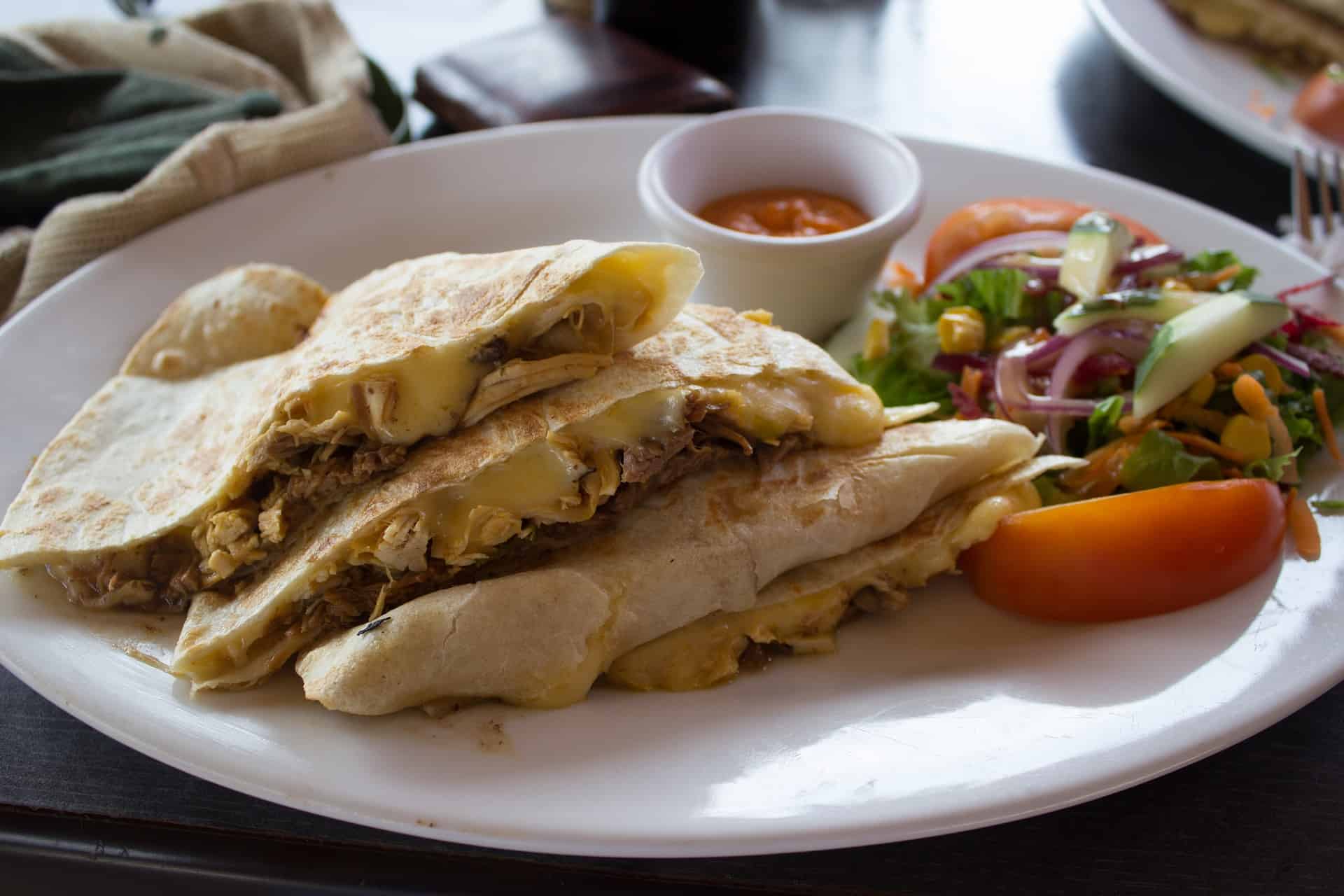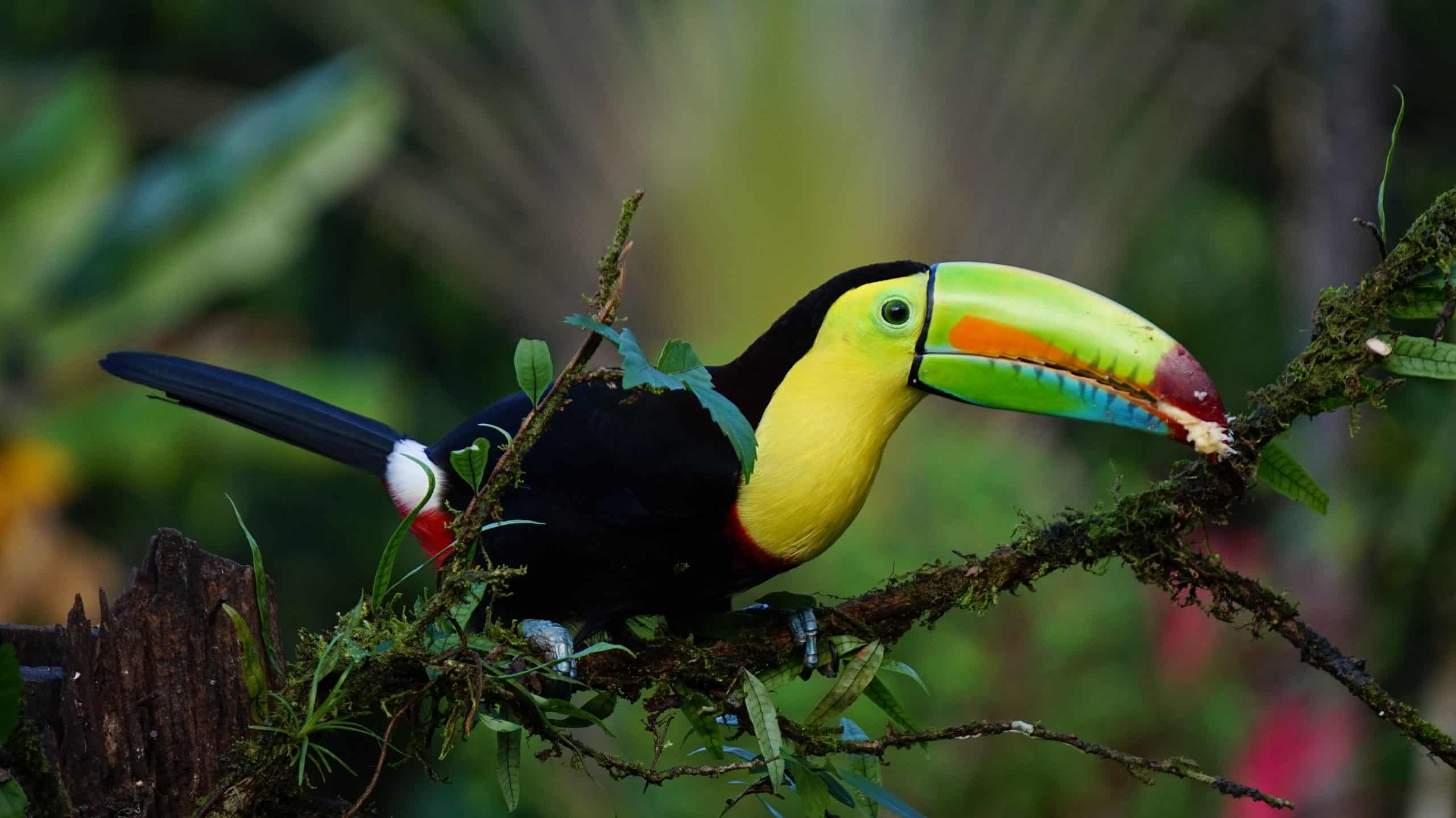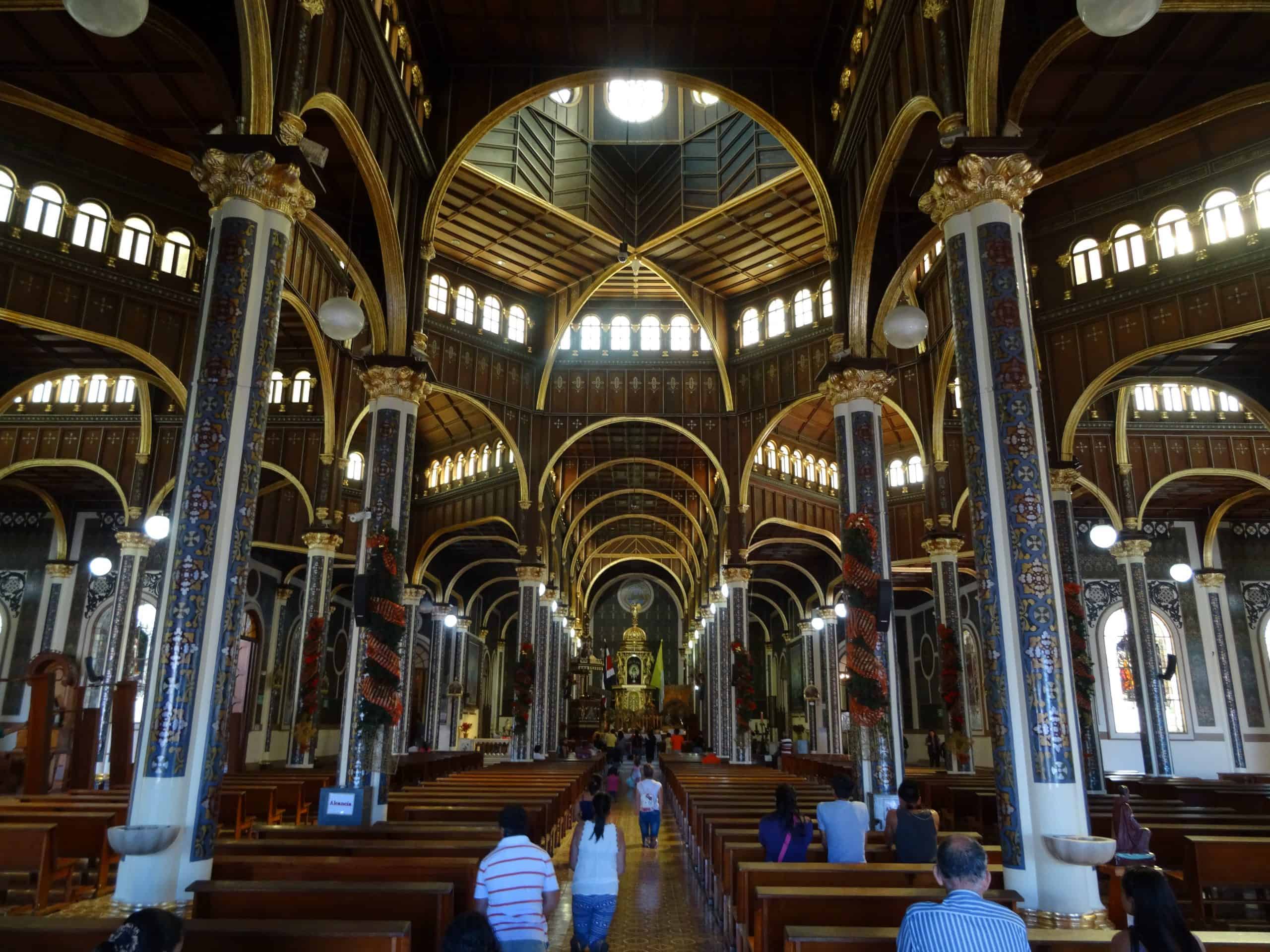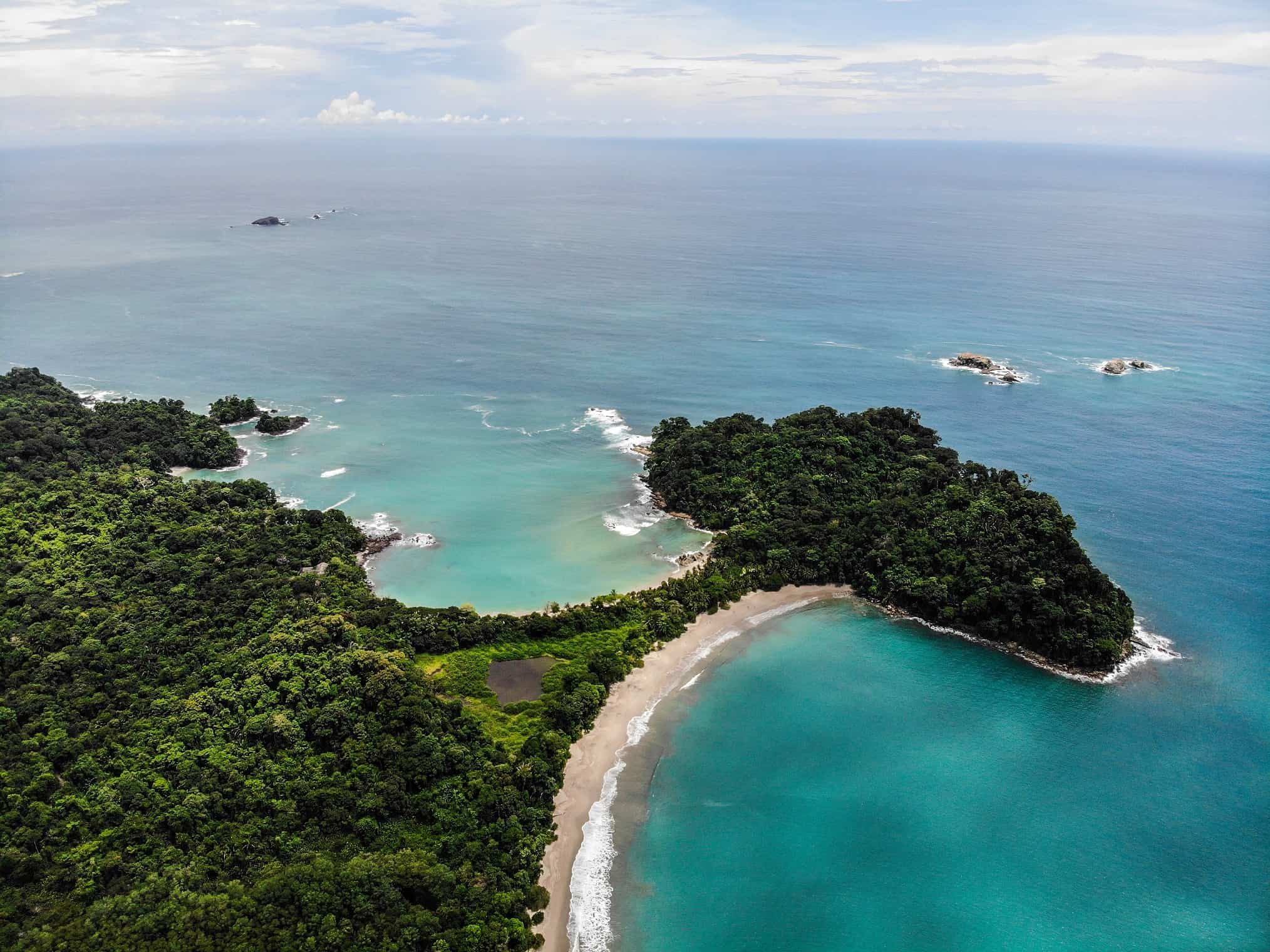ICES High School Study Abroad
Costa Rica
Program Schedule
Year:
July – May
February – December
Price: $15,000 (flights and insurance included)
Semester:
July – December
February – June
Price: $13,500 (flights and insurance included)
Trimester:
July – October
February – April
Price: $10,500 (flights and insurance included)
Prices are subject to change
LEARN MORE ABOUT STUDY ABROAD
SUBMIT INTEREST IN STUDY ABROAD
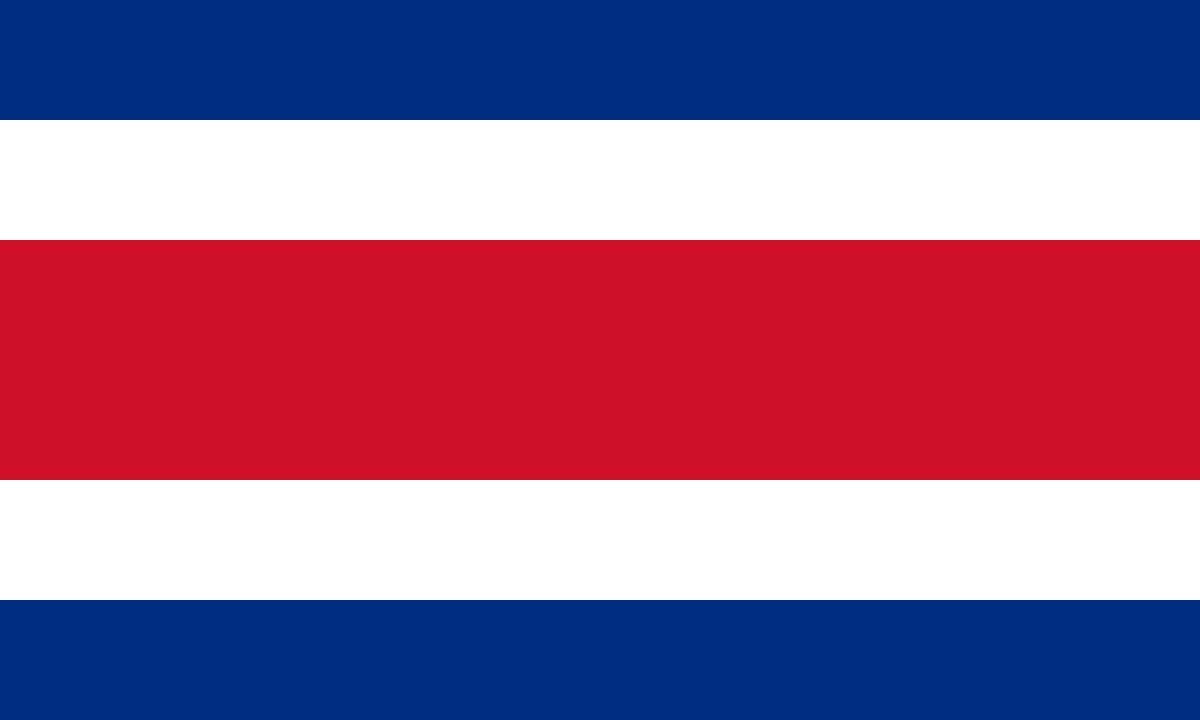
High School Study Abroad Costa Rica
Why study abroad in Costa Rica? There are so many reasons! The Costa Ricans are famous for their hospitality and for their relaxed peaceful lifestyle – La Pura Vida. The country has been called one of the happiest places on earth.
This tropical location has a wide variety of landscapes, from mountains and volcanoes to jungles and beaches. There are also 500,000 different species of wildlife in Costa Rica. Consider Costa Rica as the perfect place to have the adventure of a lifetime while you study abroad and learn about this exciting culture and country.
Costa Rica COUNTRY INFORMATION
Area: 51,100 sq km
Population: 5.2 million
Capital city: San Jose
Language: Spanish
Religion: Roman Catholic
Type of government: Democratic Republic
Costa Rica is located in Central America. It is bordered on the north by Nicaragua and on the south by Panama. It is considered an equatorial country, so the temperatures are predominantly warm with little temperature difference between the seasons. There are 2 main seasons – the dry season and the wet season.
The culture displays a high value for democracy and a love of peace. Costa Rica is unique in the fact that it has no standing army. The army was abolished in 1949 by a former president. It has been said that peace then became one of the main principles in Costa Rica.
The government of Costa Rica has invested in providing quality public education at multiple levels. There are over 6,000 elementary, middle, and high schools in the country. There are also more than 50 universities. The literacy rate in Costa Rica is 97% – one of the highest in the region.
School Life
The Costa Rican school system is made up of many small to medium sized schools. Your host school may be smaller than your high school in your home country. This means that interaction with your classmates is important, and integration is a key to making friends. Costa Rican students in general are friendly and interested in learning about you and your culture. It is important to take initiative and try to make conversation during free times.
The teaching style tends to be more directive, which some exchange students are not used to. You are expected to get involved in the academics, even if your Spanish is poor at the beginning. The more interest you show, the faster you will learn the language and make friends at school. Do not expect that people will come to you in order to make friendships. You must be proactive in order to get the best out of your school time.
Even if the grades you get in Costa Rica do not count for you back in your country, you are expected to attend all your academic responsibilities as a regular student. All schools in Costa Rica require uniforms both for regular attendance and for physical education classes.
Not all schools offer extra-curricular activities, but there is always the chance to join sports clubs in the community as well. The most common sports practiced by teenagers are soccer, basketball, swimming, and volleyball.
Host Family Life
Host Families are volunteers and from a middle-class background. Costa Rica has a long tradition of hosting and openness to foreigners. Families who decide to host do so primarily to learn about your culture and enrich their home with your presence. Costa Rican families put a lot of effort into
providing you with the best experience possible.
In general, Costa Rican families do not travel very much. They do it mostly on vacation periods, but some families take these vacation periods as a resting time. This is just general information and does not mean that families don´t travel at all, but it is important to have clear expectations. There will be opportunities to share family activities, visits to relatives and even recreational activities and travel, but don´t expect that your host family will take you everywhere or have an activity planned for every weekend.
Most of the host families in Costa Rica practice a religion and go to church every weekend. Religion is an important part of family life. We always encourage an environment of mutual respect in this area.
Program Extras
Contact the Study Abroad team for information on program extras currently available for additional costs.
Program Requirements
Students must be 14 – 17 years old. Students should have studied Spanish and be able to function at least on a basic level in the language. The student’s Spanish teacher will be asked to evaluate their conversational ability as part of the application process.
Visas
Students will enter the country on a tourist visa. The Costa Rican agency will assist each student with all aspects of securing their student visa after they have arrived. Your ICES Study Abroad team member will inform you of all the required documents needed for the process and provide you with any other related information.
About ICES
We are a nonprofit organization committed to international, educational student exchange. Our goal is to promote cultural awareness and international understanding by offering quality, educational and cultural programs for students, host families and schools. Our staff is dedicated to creating a positive exchange experience for all program participants.
Additional Study Abroad Program Information
Study Abroad Program Process Guide
Study Abroad Program FAQs
Other Study Abroad Destinations
Testimonials by American Students
Have you finished your initial research about the Study Abroad Program in Costa Rica?
Are you ready to take the next step?
Please go ahead and submit your program interest to the ICES office by using the ‘submit’ button below.
To learn more about the Study Abroad Program you may click on any of the links to the left.
SUBMIT YOUR INTEREST IN STUDY ABROAD

